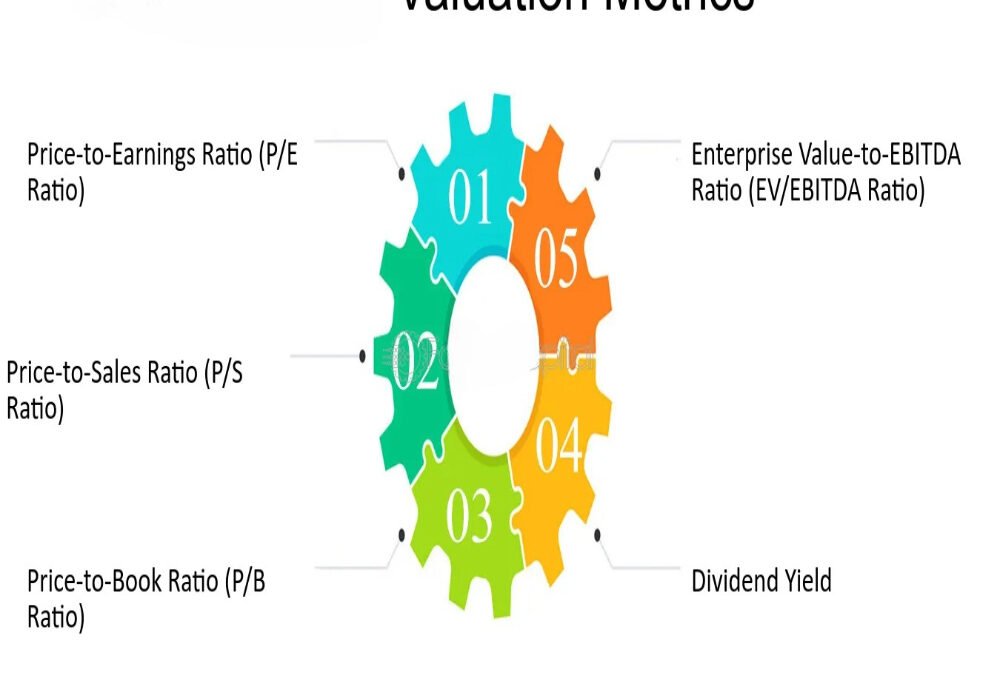Governments and regulatory bodies are increasingly linking environmental compliance with land valuation to promote sustainable development. An Environmental Compliance Certificate (ECC), which confirms that a project adheres to environmental laws and standards, is now a critical factor influencing the assessed value of industrial and commercial land. Properties with valid and updated ECCs are often valued higher due to lower legal risks and better operational viability. Conversely, land without environmental clearances may be devalued or even declared ineligible for sale or redevelopment. This shift in valuation strategy integrates ecological responsibility into economic assessments. It promotes responsible land use while deterring environmentally harmful practices.
This new approach compels developers, investors, and industrial operators to prioritize environmental compliance from the early stages of project planning. Obtaining an ECC now not only fulfills legal obligations but also enhances the financial attractiveness of the land asset. Appraisers and valuation officers are required to assess the environmental status of a site before finalizing its market or acquisition value. Factors such as proximity to sensitive ecological zones, pollution control mechanisms, and adherence to emission norms are considered in valuation models. By formalizing the link between environmental status and land worth, authorities aim to foster a greener industrial ecosystem. It also encourages cleaner technologies and sustainable infrastructure.
For stakeholders, this development has significant implications in both the regulatory and investment landscape. Landowners and developers must ensure compliance to avoid depreciation of their assets, while potential buyers view ECCs as indicators of reduced environmental risk. Financial institutions also consider ECCs when evaluating land as collateral, affecting loan terms and project funding. This alignment of environmental accountability with economic value supports long-term planning and sustainable growth. It further ensures that land development aligns with national climate goals and environmental protection mandates. The policy marks a shift toward holistic valuation, balancing economic benefit with ecological integrity.

